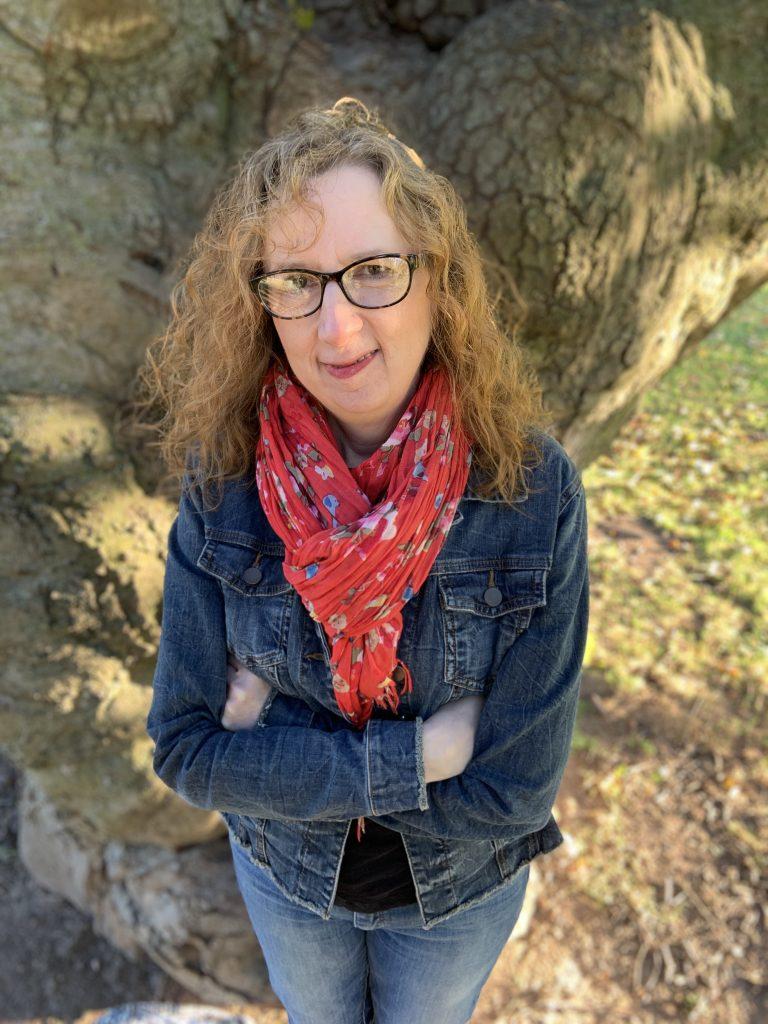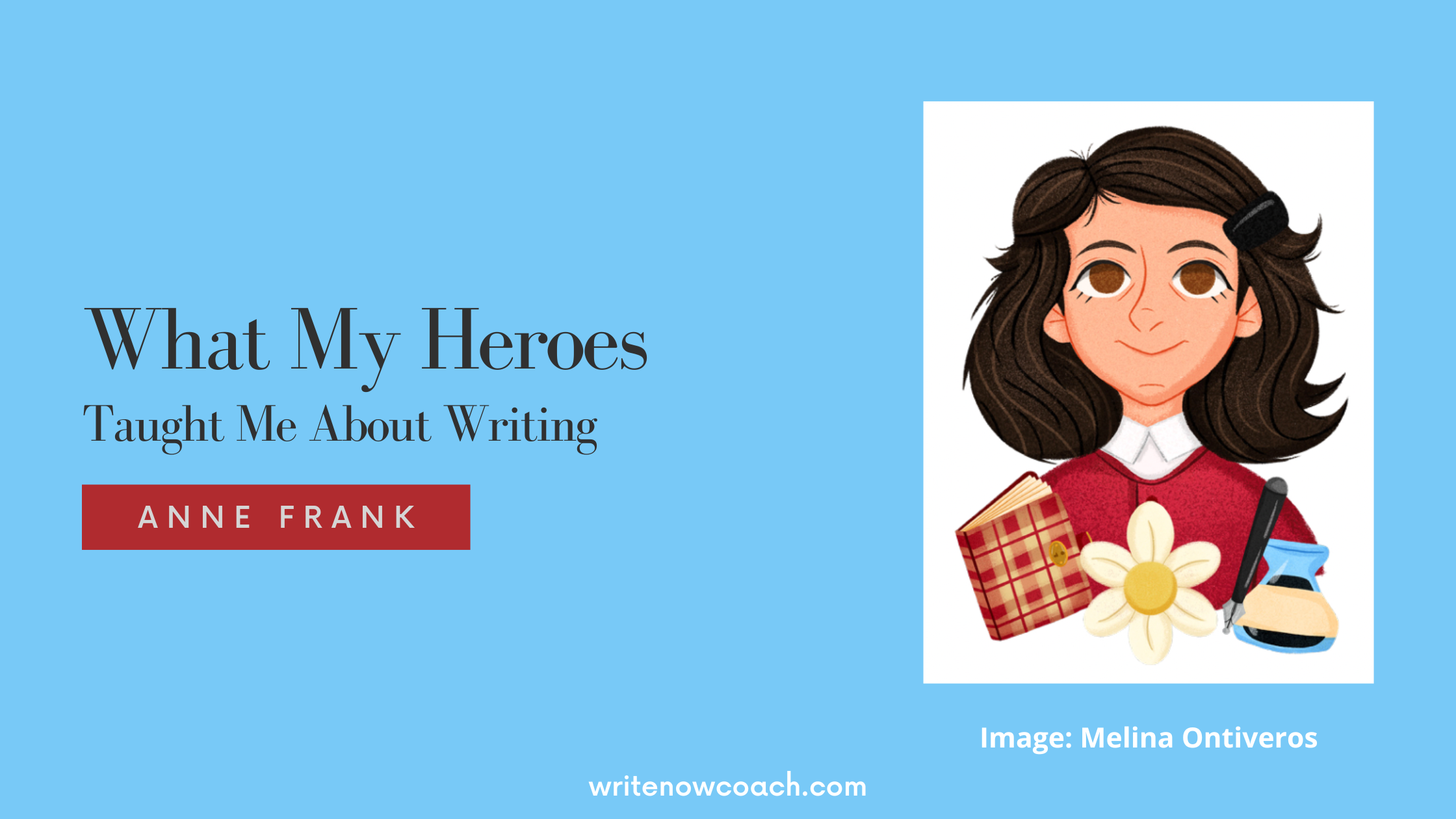What My Heroes Taught Me About Writing: Anne Frank
by Rochelle Melander
The nicest part is being able to write down all my thoughts and feelings; otherwise, I’d absolutely suffocate. —Anne Frank
I’m a journaling junkie. I’ve been journaling off and on since I was a kid. I’ve been mostly off lately. But last week, with all the anxiety in the air and little ability to concentrate, I started doing morning pages again.
I’m in good company.
Austin Kleon quotes Roland Allen, author of The Notebook: A History of Thinking on Paper. Allen says, “people often start diaries in times of upheaval.” Kleon did that: writing daily morning pages from 2017-2021. He writes, “a notebook is a good place to have bad ideas. It’s also a safe space to share your secrets. To think the unthinkable. To say the unsayable.”
During World War II, a Jewish girl hiding from the Nazis wrote a diary that has been translated into more than fifty languages and has sold more than 25 million copies. In it, Anne shared her observations about life and her experiences living as a teenager in the cramped attic space with 7 other people. She also wrote letters to Kitty, a character in a novel she’d read. The Diary of Anne Frank has transformed many young people from silent observers to speakers of their own truth.
But long before it was published, it transformed Anne’s life. In a comment she added to her diary on September 28, 1942, she wrote:
So far you truly have been a great source of comfort to me, and so has Kitty, whom I now write to regularly. This way of keeping a diary is much nicer, and now I can hardly wait for those moments when I am able to write in you.
Oh, I am so glad I brought you along.
A Writer’s Takeaway
Throughout history, people have kept diaries to record observations about their surroundings, express their feelings, and share their stories.
If you saw the stack of journals on my desk, you might laugh. I have one for morning pages, one for business ideas and meeting notes, one for book ideas, and another for writing class notes.
But you don’t need dozens of journals to start a journaling habit. You just need one. Choose a journal that you like. Although some people like to journal on their computer, I favor paper. It distinguishes my journaling from all the other writing and editing I do throughout the day. I like the opportunity to write down my thoughts in ink.
When it comes to journaling, don’t feel like you must follow the rules. No need to write three pages each day. Write one page or a few lines or even a quote. Sometimes I write paragraphs but just as often I will create a mind map or make a list. Try writing 1-3 morning pages for the next few days. See how it affects your day and your writing habit.
No matter what you write or how you write it, know this: journaling can help you manage your anxiety and feel a sense of calm.
Resources
For more information on Anne Frank and other writers, check out my book, Mightier Than the Sword: Rebels, Reformers, and Revolutionaries who Changed the World through Writing

Write Now! Coach Rochelle Melander is an author and ADHD-trained professional certified coach. She’s helped hundreds of people write and publish books. If you’re struggling to start or finish a project, connect with Rochelle to create a personalized plan for overcoming procrastination, dealing with distraction, and staying focused. Book a private consultation: https://writenowcoach.com/consultation/









